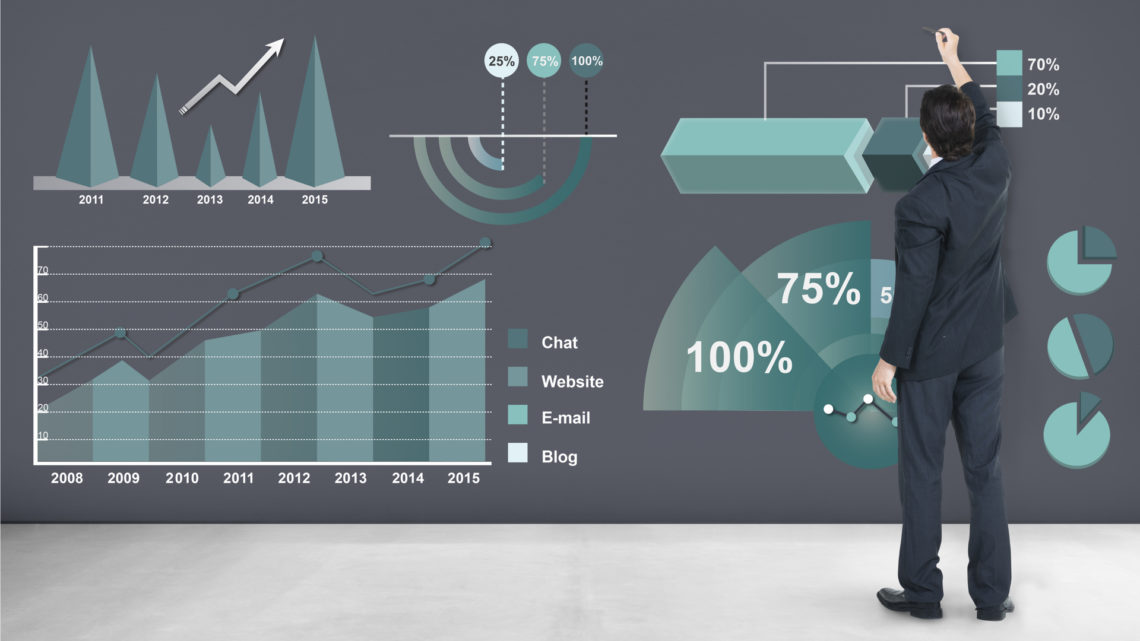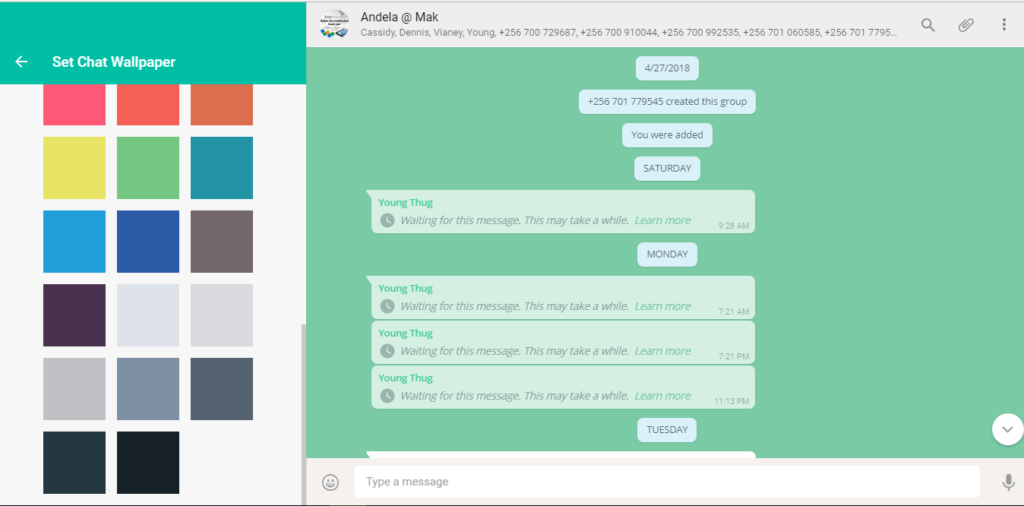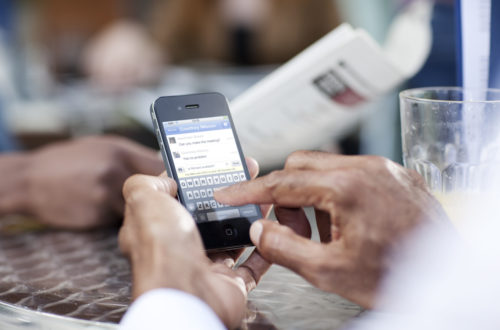
Offline Сhat: Low Cost and Flexible Licensing Options
Lan chat is a perfect solution for a corporate discourse. The benefits are obvious:
- P2P technology (architecture envisages that each participant is both a client and a server);
- Communication that is independent of the stability of the Internet channel (does not require Internet access at all).

Lan Messenger has the following features:
- ability to transfer the shared files;
- shows pop-up notifications and optionally includes sound notifications;
- all contacts can be divided into groups (to simplify the management);
- a detailed message log is kept (all correspondence is saved and can be viewed) and much more.
The legality of LAN chat is defined by license agreements, the binding contracts between software developers and end users. These agreements, bundled with paid or free LAN chat apps, outline usage rights and restrictions in writing or digitally. Fundamentally, the license acts as a safe harbor – developers promise not to sue users who follow the prescribed rules of engagement. Through careful licensing, developers erect a firewall around their intellectual property. Adhering to the developer’s specific security framework keeps users safely within the bounds of the law. Violating the license risks litigation and hefty damages. However, honoring this contract allows mutually beneficial use of the software. For both ethical and practical reasons, understanding and obeying the licensing terms is critical for legally operating LAN chat programs. While users aren’t expected to pore over dense legalese, taking time to grasp the key permissions and prohibitions grants peace of mind alongside the networking power of LAN chat like Cisco.com.
Let’s consider the basic options for business messenger available on the market:
-
- OEM. Pre-installed software is one of the cheapest options. It is used in the PC. This is one of the cheapest options. Due to the fact that the user purchases software together with the computer (gadget) or server and can only be used on the purchased PC.
-
- Full Package Product. The “boxed” product is mainly used for retail and is suitable for individuals or small businesses. Permission to use the software on one device gives the purchase of one “box” no matter how many people will use this PC or tablet.
-
- Volume licensing streamlines acquisition and management for organizations purchasing software at scale. Under this model, companies procure a single master license listing the customer details, software titles, and activation keys. This centralized license covers installation across the entire corporate fleet, from hundreds of desktops to enterprise servers. Volume licensing consolidates access to multiply-deployed applications under one overarching contract. This approach benefits both customers and vendors. Bulk buyers garner steep discounts unavailable to retail consumers. Volume licensing also provides premium support and flexibility to handle special deployment needs. Vendors reduce administrative overhead and sales costs by dealing with a single point of contact. The unified license simplifies updates and upgrades organization-wide. For companies managing large or dynamic software inventories, volume licensing offers unparalleled convenience and cost savings. Streamlined licensing at scale enables enterprises to stay agile and responsive as business software needs to evolve. Vendors and customers alike can focus on more strategic technology issues, trusting volume licensing to handle the licensing logistics at an advantageous price.
- Subscription. Subscribing to the app’s licensing involves making monthly or annual payments. This scheme is convenient for companies that buy more than 10 licenses. It allows users to get almost all the main benefits of using this product at minimal initial costs.

Anyway, the good news is that almost any Windows messenger operates under GNU or General Public License which envisages free use or gives room for modification on a low payment basis.



